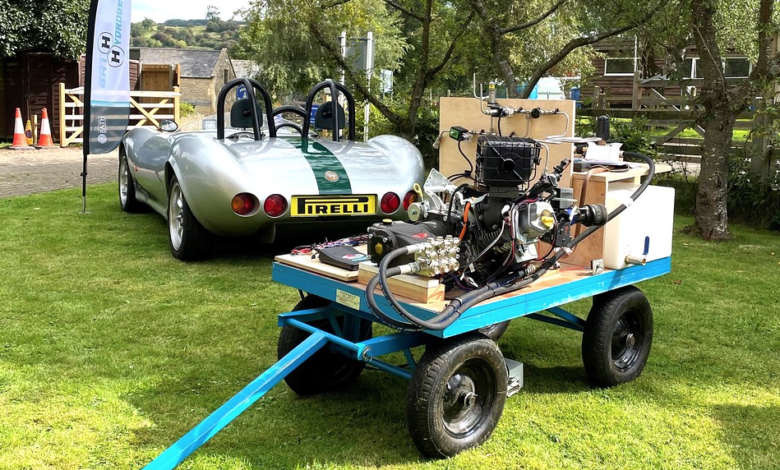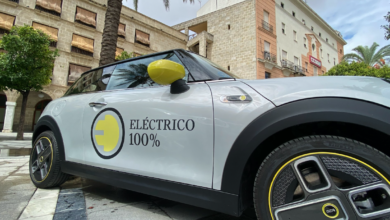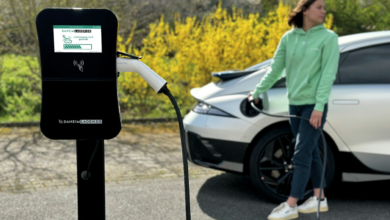Combustion engine: a new “record” hydrogen ICE

Bath Hydrogen team wants to build the fastest hydrogen car in the world
He aims to set a world speed record aboard a Ginetta G20, but even if he is still far from the goal, he already has an exceptional record. Let’s talk about the first hydrogen internal combustion engine (ICE), designed, built and put into operation by a group of students. The team, part of the engineering faculty at the University of Bath, England, has adapted a 2.3-liter Ford EcoBoost engine to use the H2 to drive a Guinness World Record car. And it was not an easy task, since in the market there is still no hydrogen ICE and none of the students had experience in the field. And yet, after only one year of work, the prototype lit up at the first stroke, working successfully.
“Starting the engine for the first time was a nerve-wracking moment, so we were delighted when it ran at the first attempt. It was a great validation of all our hard work“, says Bath Hydrogen technical lead Nicholas Burt. “We are using a test rig now before moving on to adapting the engine we’ll make the record attempt in, and we’ve learned so much about how to redesign and engineer that through this process. The support we’ve had from our early sponsors and from around the University has been invaluable.”
The new hydrogen ICE
The team’s hydrogen ICE is a modified version of a single-cylinder gasoline engine, donated by Vanguard, sponsor of the project The unit was chosen as a test bed for its relative simplicity, adaptability potential and company support. Students redesigned the engine with the help of Link Engine Management which provided a specialized electronic control unit (ECU), and Clean Air Power, which provided the new fuel injectors specific to the H2.
read also Ansaldo’s gas turbine can burn 100% hydrogen
“We started by reading all the research and literature we could find, analyzing and cataloging everything to understand it and prioritize what was possible to succeed,” said Samuel Ray, team leader. “We are fortunate to have received help and equipment from our sponsors, as hydrogen powered engines work very differently from normal gasoline engines and require different parts that are not commercially available“.





